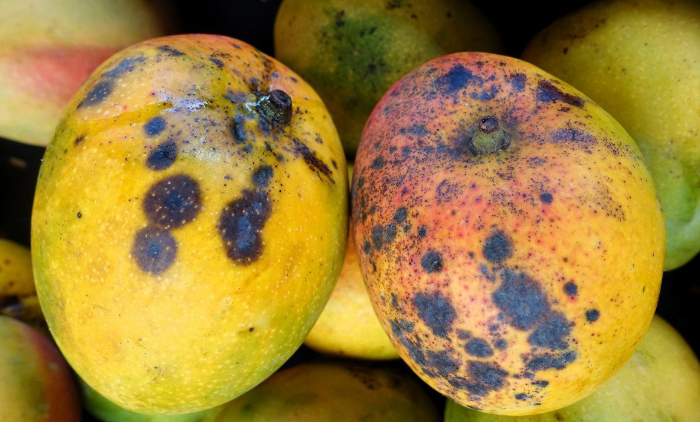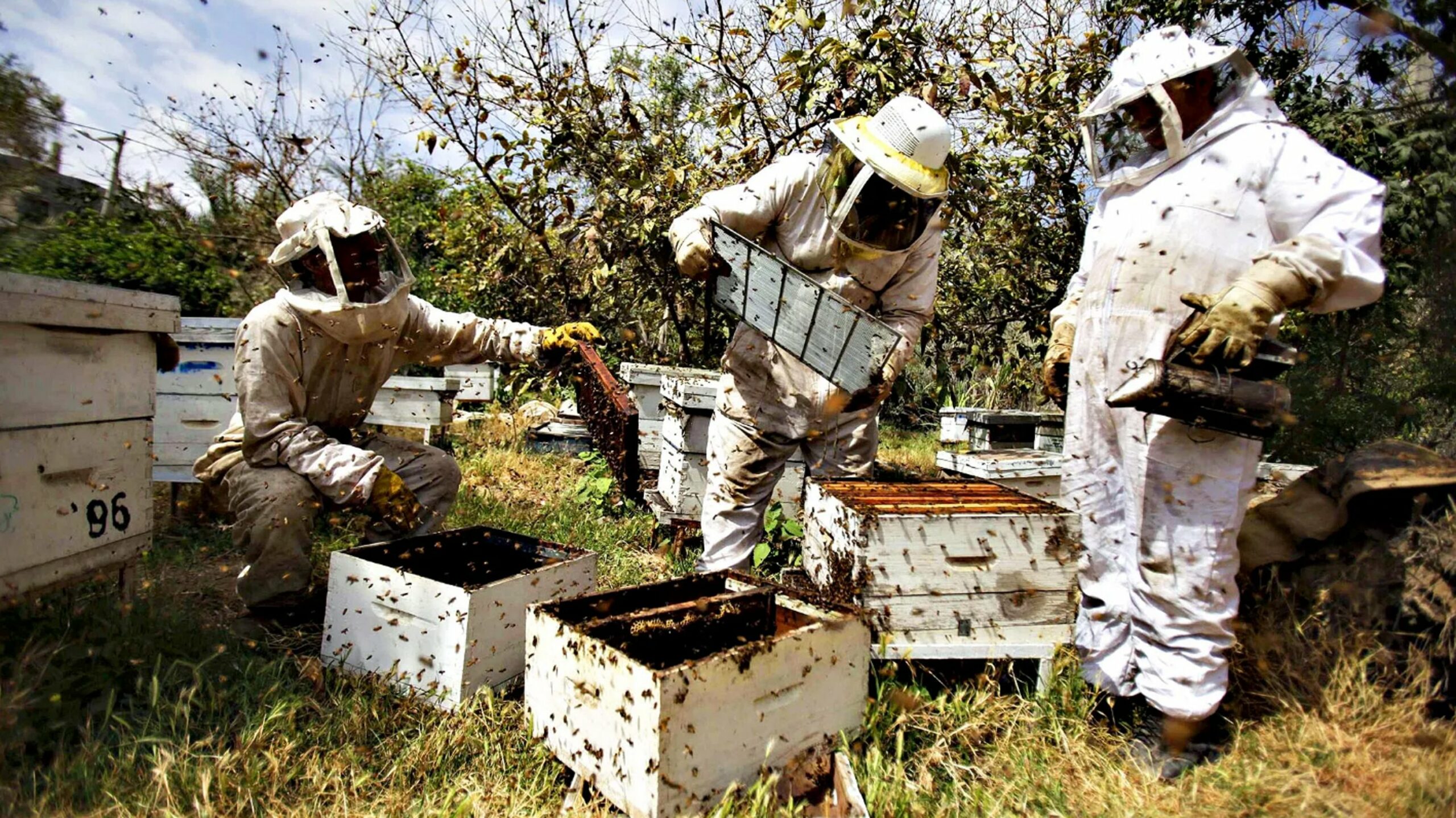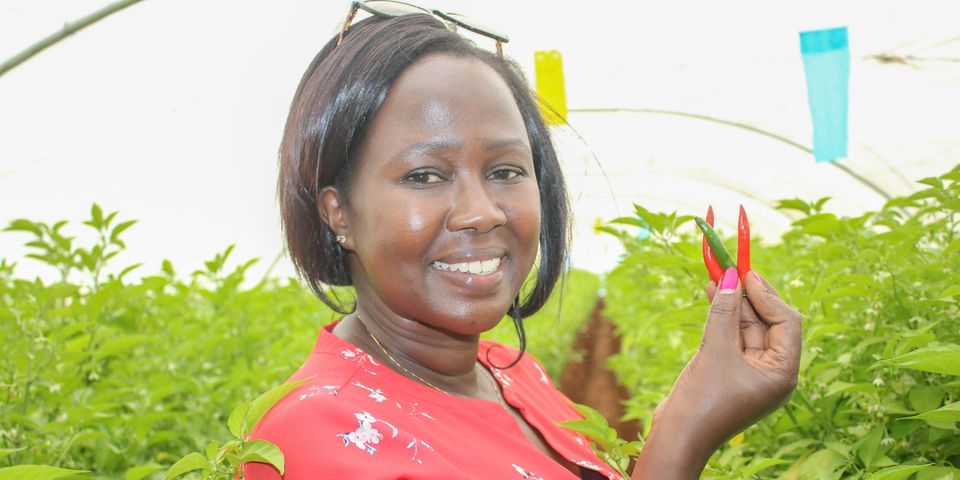Why to farm Rabbits
 High Reproduction Rate: Rabbits have a rapid reproduction cycle, allowing for a quick increase in population and potential for increased yield.
High Reproduction Rate: Rabbits have a rapid reproduction cycle, allowing for a quick increase in population and potential for increased yield. Efficient Feed Conversion: Rabbits are known for their efficient feed conversion, meaning they can turn a relatively small amount of feed into a substantial amount of meat.
Efficient Feed Conversion: Rabbits are known for their efficient feed conversion, meaning they can turn a relatively small amount of feed into a substantial amount of meat. Low Space Requirements: Rabbit farming requires less space compared to traditional livestock, making it a feasible option for individuals with limited land resources.
Low Space Requirements: Rabbit farming requires less space compared to traditional livestock, making it a feasible option for individuals with limited land resources. Quick Growth to Maturity: Rabbits generally reach maturity quickly, leading to a shorter production cycle and faster turnover for profit.
Quick Growth to Maturity: Rabbits generally reach maturity quickly, leading to a shorter production cycle and faster turnover for profit. Versatile Meat: Rabbit meat is lean, high in protein, and has a unique taste, making it a healthy and sought-after option for consumers.
Versatile Meat: Rabbit meat is lean, high in protein, and has a unique taste, making it a healthy and sought-after option for consumers. Low Environmental Impact: Rabbit farming tends to have a lower environmental impact compared to larger livestock, as they produce less methane and require less feed.
Low Environmental Impact: Rabbit farming tends to have a lower environmental impact compared to larger livestock, as they produce less methane and require less feed. Dual-Purpose Breeds: Some rabbit breeds can be raised for both meat and fur, providing additional revenue streams for farmers.
Dual-Purpose Breeds: Some rabbit breeds can be raised for both meat and fur, providing additional revenue streams for farmers. Ease of Handling: Rabbits are relatively easy to handle and manage, making them suitable for small-scale or beginner farmers.
Ease of Handling: Rabbits are relatively easy to handle and manage, making them suitable for small-scale or beginner farmers. Manure for Fertilizer: Rabbit droppings are a valuable source of natural fertilizer, contributing to soil enrichment on the farm.
Manure for Fertilizer: Rabbit droppings are a valuable source of natural fertilizer, contributing to soil enrichment on the farm. Market Demand: There is a growing demand for alternative and sustainable protein sources, making rabbit meat an appealing option for those seeking healthier and eco-friendly choices.
Market Demand: There is a growing demand for alternative and sustainable protein sources, making rabbit meat an appealing option for those seeking healthier and eco-friendly choices.ReplyForward |




